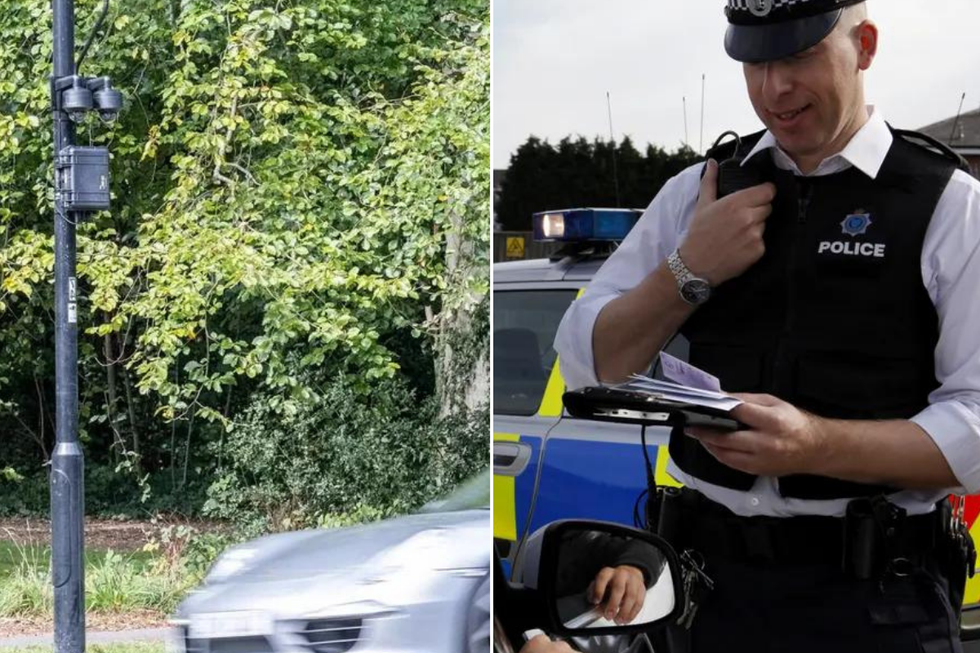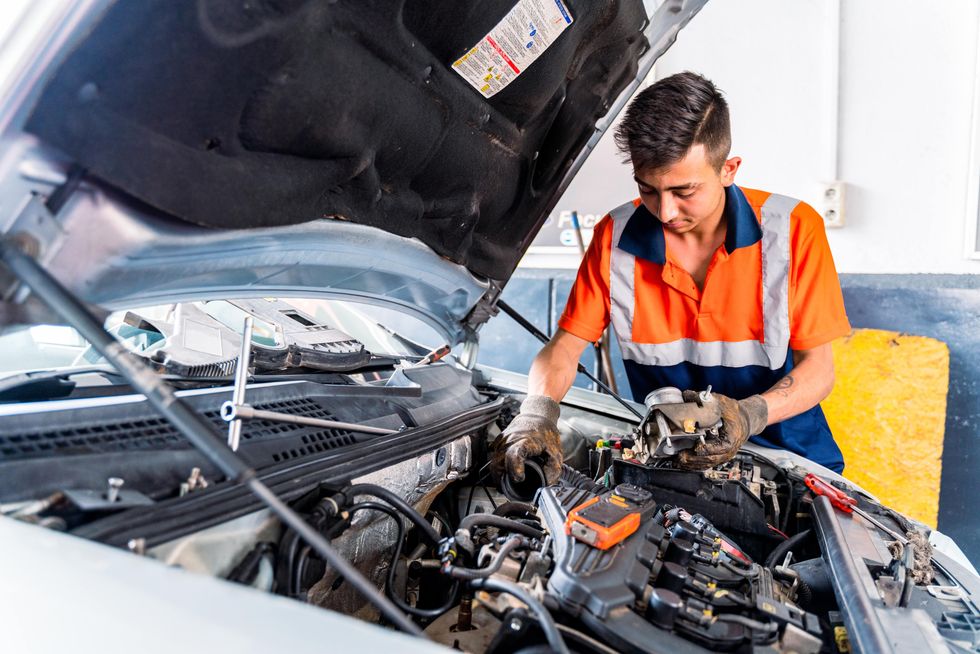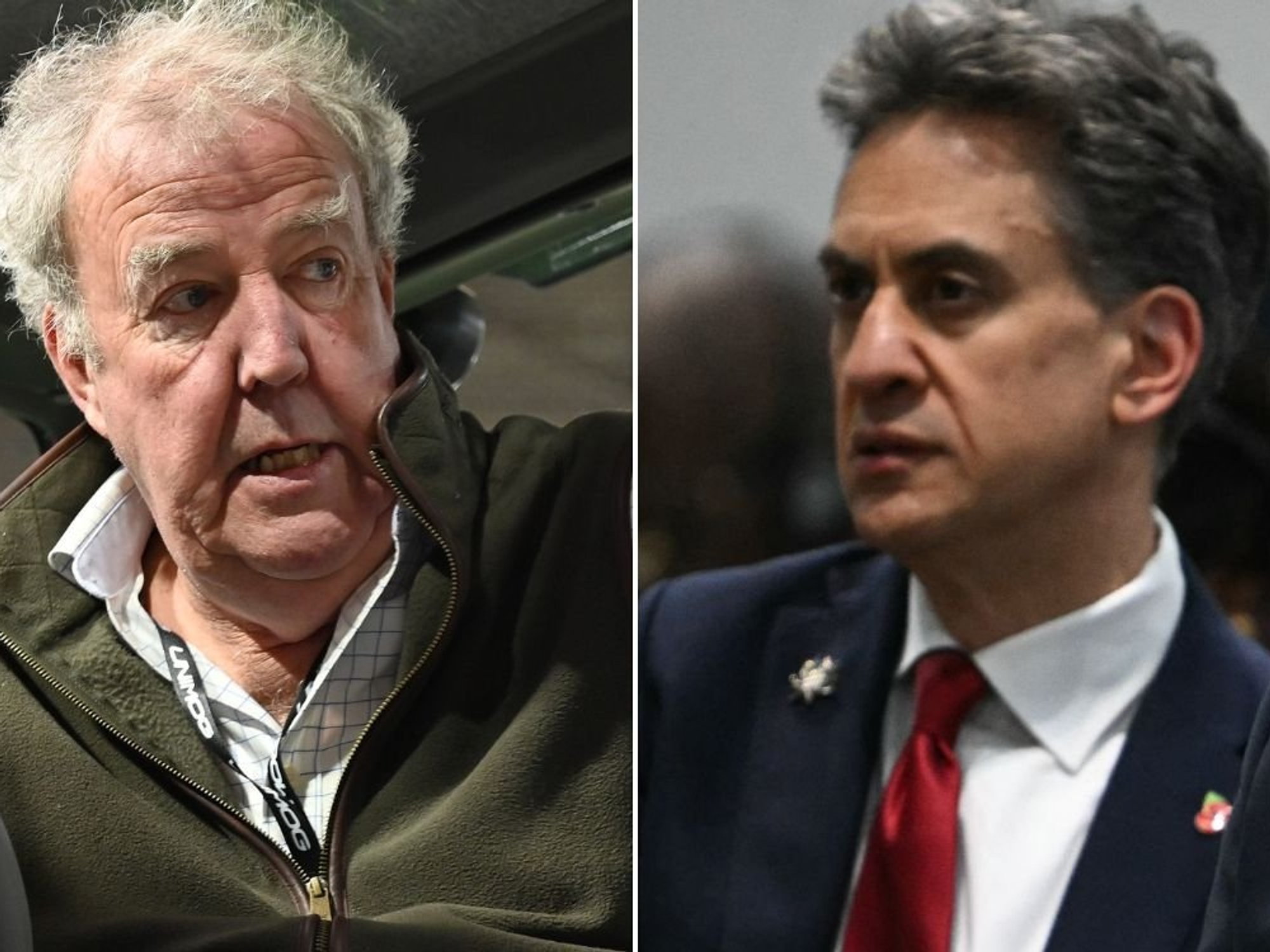Motorists could face tougher 'on-the-spot' fines for driving offences as Britons back new rules

Experts have called for new penalties for excessive noise pollution in vehicles
Don't Miss
Most Read
Latest
Drivers have been warned they could see tougher "on-the-spot" penalties introduced for failing to meet UK road rules after new overwhelming support has called for action.
The warning comes after research showed growing support for a crackdown on vehicle noise pollution, with Britons backing new rules.
For years, Britons have complained about the impact caused by modified cars and anti-social revving, with many claiming current punishments are far too weak.
At present, police can issue an "on-the-spot" £50 fixed penalty for using a vehicle in a way that causes "excessive noise" under the Road Vehicles (Construction and Use) Regulations 1986 and the Road Traffic Act 1988.
Experts are now arguing that these rules are rarely enforced, and when they are, the fines are too small to deter offenders.
In the UK, the law already requires every vehicle to be fitted with a noise-reducing device, which should effectively reduce car engine noise.
Meanwhile, tampering with or modifying exhausts to make them louder than manufacturer-approved levels is illegal, while MOT testing includes a check to ensure vehicles are not "excessively noisy."
For new cars, the legal noise limit currently stands at 72 decibels, but this is due to drop further to 68 decibels in 2026 in line with EU-derived regulations still in force in the UK.

Drivers must adhere to strict noise levels, or they could face fines
| GETTY/PADespite these rules, drivers across the country have been found to repeatedly ignore the law, causing havoc for residents.
A survey conducted by Auto Express has revealed that more than half of British adults have been disturbed by noisy cars, with almost one in three reporting it daily. A further 54 per cent of respondents said vehicle noise had a negative impact on their quality of life.
The disruption is widespread, with a third of people stating that cars have made their gardens less enjoyable, while 30 per cent reported disturbed sleep, with nearly a quarter saying they avoid opening windows because of traffic noise.
The report also found that 16 per cent of Britons said car noise interrupts conversations or phone calls, while 14 per cent admitted it has caused them stress and anxiety.

Britons have backed stricter MOT requirements for noise levels in cars
| GETTYLATEST DEVELOPMENTS:
Even working from home has become difficult for five per cent of those surveyed, who say concentration is impossible when noisy vehicles pass.
The widespread frustration has now fuelled calls for tougher enforcement, with almost two-thirds supporting the use of "noise cameras", which are currently being trialled across parts of the UK.
The devices automatically detect vehicles breaching legal limits and issue fines in the same way speed cameras act as deterrents.
An additional 63 per cent of Britons have also backed stricter MOT requirements specifically targeting exhaust noise and illegal modifications. Most significantly, 67 per cent want fines increased well beyond the current £50.

Under UK law, vehicles must be fitted with a noise-reducing device
| GETTYPaul Barker, Editor of Auto Express, said: "Our research shows just how strongly the public feels about noisy cars, with more than half saying excessively loud vehicles are having a direct, negative impact on their daily lives.
"It's perfectly understandable that drivers want to enjoy their cars - for many, part of that enjoyment is the noise they make. But there's a big difference between responsible enthusiasm and anti-social behaviour."
He also pointed out that the shift to electric vehicles may provide long-term relief due to EVs typically being 10 decibels quieter than petrol or diesel models, reducing background noise in residential areas.
However, with the full transition to electric cars still years away, Mr Barker stressed that enforcement must be improved now.











